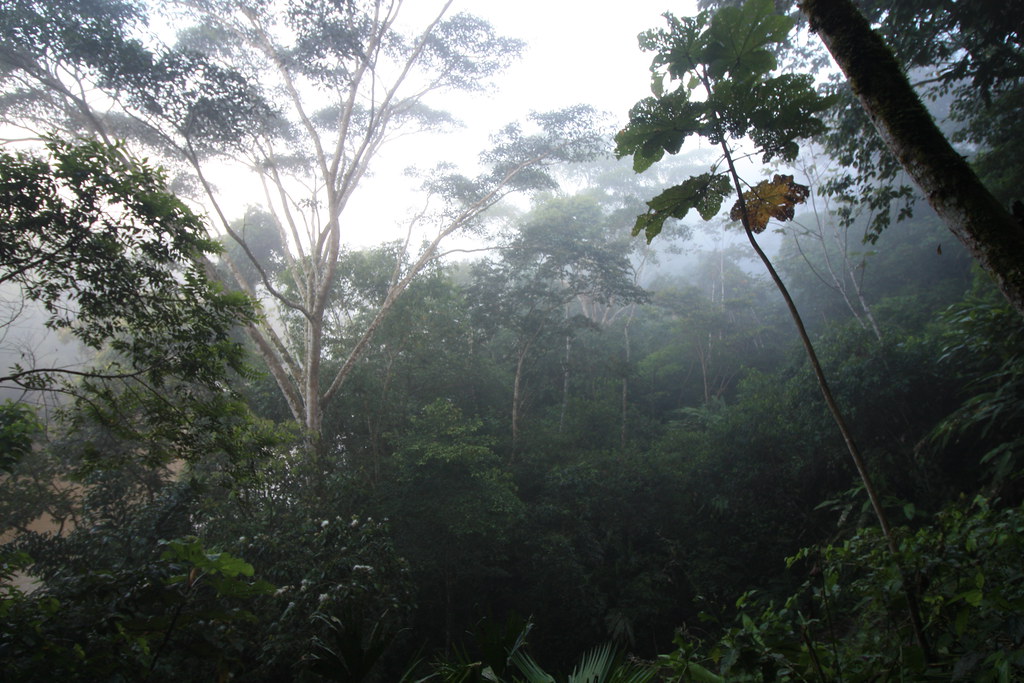STEM
Climate Change
Earth Science
Climate Change
Edward Hessler
The heat is on but there are new lines of evidence that abrupt and irreversible shifts in the Earth system --loss of the Amazon rainforest or the West Antarctic ice sheet -- are more likely than has been thought. The worst scenario is that a global cascade of these tipping points could lead to a much less habitable, 'hothouse' climate state.
In this report in the journal Nature seven climate scientists take a look at the evidence for tipping points, explore the effects and urge a response, not just any old response but an emergency response. The idea of tipping points was introduced by the Intergovernmental Panel on Climate Change (IPCC) in 2001 but such large-scale, interconnected shifts--a domino effect--were likely to occur when global warming was greater than 5C.
The map, Raising the Alarm, shows the 9 tipping points and their connectivity. For evidence, effects and actions read the full report (about 10 minutes).
I leap forward to the actions suggested: now is the time to act. (my emphasis), we are already in an emergency. They write,
"We argue that the intervention time left to prevent tipping could already have shrunk towards zero, whereas the reaction time to achieve net zero emissions is 30 years at best. Hence we might already have lost control of whether tipping happens. A saving grace is that the rate at which damage accumulates from tipping — and hence the risk posed — could still be under our control to some extent." (My emphasis).

 CGEE Student Voice
CGEE Student Voice
No comments:
Post a Comment